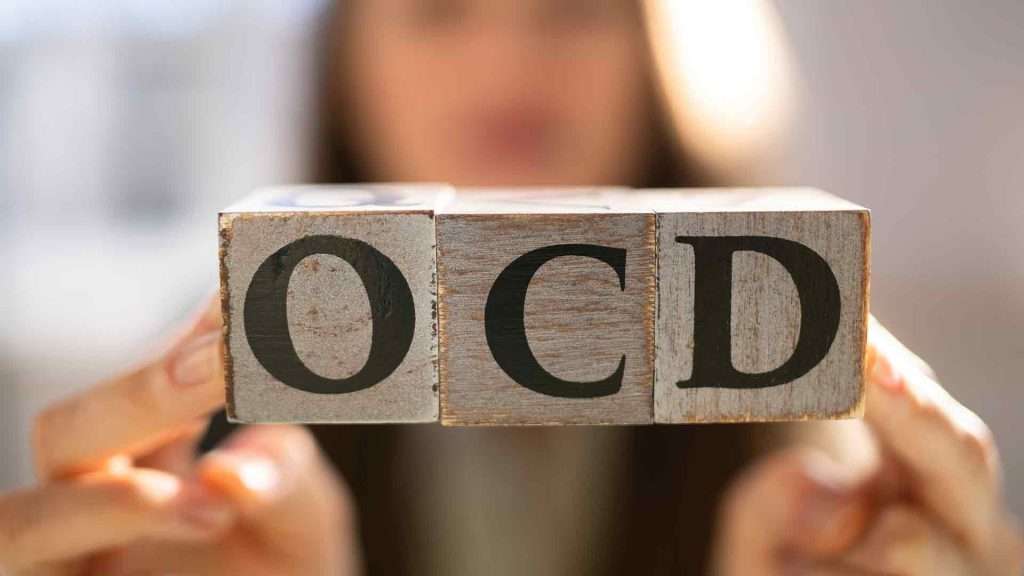Introduction
OCD symptoms in adults can significantly impact everyday life, making it essential to recognize the signs early. While OCD is often associated with repetitive behaviors, it involves much more than that. Understanding the symptoms of OCD in adults can help identify the condition early and seek appropriate support. In this blog, we’ll explore seven key symptoms of OCD, providing insights into how they manifest and how they can affect a person’s life.
1. Intrusive and Disturbing Thoughts
One of the most common OCD symptoms in adults is intrusive thoughts. These are repetitive, unwelcome, and often distressing ideas or images that seem uncontrollable. Adults may experience fears of contamination, harming someone, or an obsessive need for symmetry. These thoughts are not reflective of the person’s character or intentions but are instead a hallmark of the disorder.

For Consultant with the Best Psychiatrist in Delhi for the best OCD Treatment in Delhi, consider visiting:
2. Compulsive Behaviors
Compulsive behaviors are repetitive actions performed to reduce anxiety caused by obsessive thoughts. These actions include excessive handwashing, repeatedly checking locks, or arranging objects until they feel “right.” These compulsions can consume hours and interfere with daily life. Often, the temporary relief from these actions reinforces the behavior, creating a cycle that is difficult to break without professional support.
3. Fear of Contamination
A significant OCD symptom in adults is the fear of contamination. This fear might result in obsessive cleaning or avoiding public spaces. Although cleanliness is important, in OCD, this behavior becomes distressing and disproportionate.
4. Perfectionism and Symmetry Obsessions
Adults with OCD often strive for perfectionism and symmetry. They may spend hours ensuring items are perfectly aligned or redoing tasks to feel a sense of relief. This is not about aesthetics but stems from a deeper need to ease internal tension.
Learn more about OCD symptoms at the National Institute of Mental Health (NIMH).

5. Overwhelming Need for Reassurance
An overwhelming need for reassurance is another common sign of OCD. Adults may repeatedly seek confirmation about decisions, tasks, or events, creating a cycle of doubt and dependency that can strain relationships.
6. Hoarding Tendencies
Hoarding is another possible OCD symptom in adults. This involves difficulty discarding items due to fear of needing them later or causing harm by discarding them. This behavior often leads to cluttered spaces and emotional stress.
7. Time-Consuming Rituals
Time-consuming rituals are a hallmark of OCD. These rituals might include counting, retracing steps, or repetitive praying to neutralize fears. Such behaviors can take over daily routines and make it hard to fulfill responsibilities.
Impact of OCD Symptoms in Adults
The presence of OCD symptoms in adults can disrupt personal, social, and professional life. Adults may find themselves losing time and missing important moments due to compulsive behaviors. Recognizing these signs early can help individuals take control of their lives.

When to Seek Help
If OCD symptoms in adults interfere with your daily life, seeking help from a mental health professional is crucial. Early intervention can significantly improve outcomes and quality of life.
Helpful Resources:
Conclusion
Understanding OCD symptoms in adults is key to recognizing the disorder early and seeking appropriate support. From intrusive thoughts to time-consuming rituals, these signs can disrupt life if left unaddressed. Professional guidance and support can make a world of difference in managing OCD effectively.
If you or someone you know is experiencing these symptoms, don’t hesitate to reach out to a mental health expert. Raising awareness about OCD symptoms in adults helps foster understanding and encourages early intervention.

